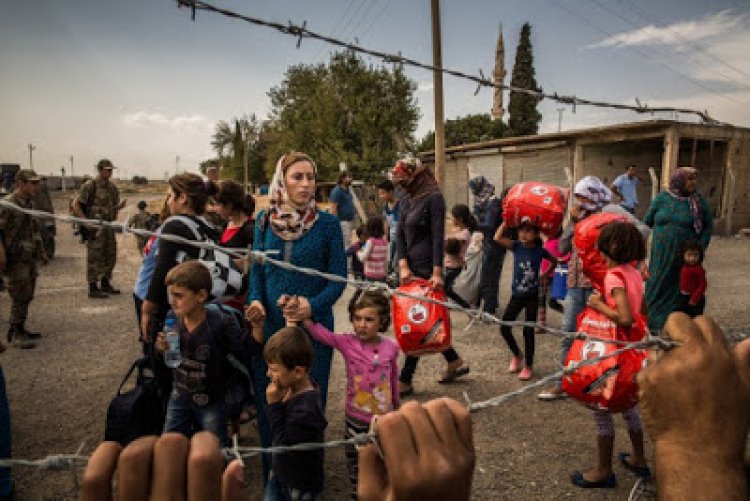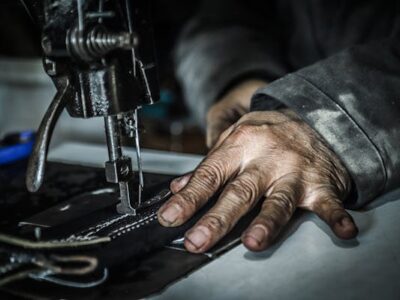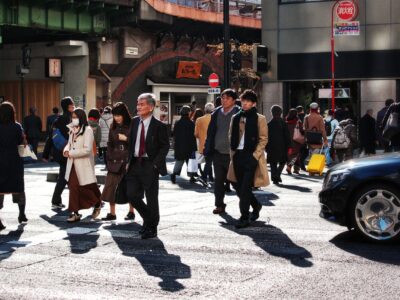On 15th April, the chamber’s judgement regarding the case of K.I. v. France held that there would be a violation of Article 3 (prohibition of inhuman or degrading treatment) of the European Convention on Human Rights if French authorities do not take into consideration the actual and current risk that a refugee may claim before deporting this person back to his country of origin, even after the French State had withdrawn his refugee status. The K.I. v France case involves a Russian national of Chechen origin who arrived in France when he was still a minor and obtained refugee status thereafter. Later, he was charged of committing a terrorism offence, which motivated the French Office for Refugees and Stateless Persons (OFPRA) to revoke his refugee status in July 2020 because his presence in France represented a serious threat to French society. The European judges observed that, despite the withdrawn of the refugee status by the French authorities, the man continued to face a real risk in getting back to his country of origin, therefore, he was still a refugee. In that sense, the judges stated at the time of assessing whether the decision fits with the requirements of article 3, national authorities should bear in mind that the man was still a refugee when it comes to the element of persecution that encouraged him to leave Russia. The Court found that both when his deportation was ordered and when it was reviewed by a court, French authorities did not make this assessment. For that reason, the Court concluded that there would be a violation of Article 3 of the Convention in its procedural aspect if French authorities do not take into consideration the actual and current risk that the applicant claimed to be facing in the event of his deportation being enforced.
Image: Refugees hosted in a refugee camp in Europe. Source: http://eulawanalysis.blogspot.com/2017/01/non-refoulement-is-part-of-eus.html
The European Court of Human Rights announces that French authorities must assess the current risk present in the countries of origin of refugees before deporting them back there.








Comments